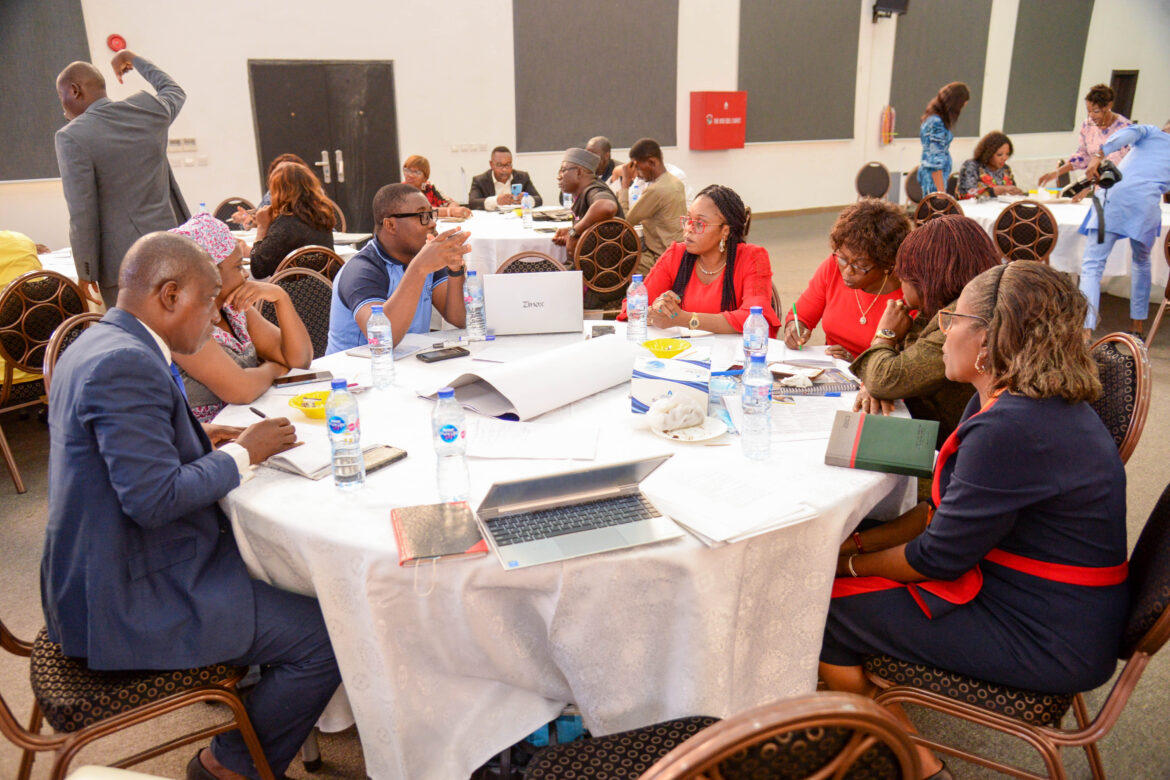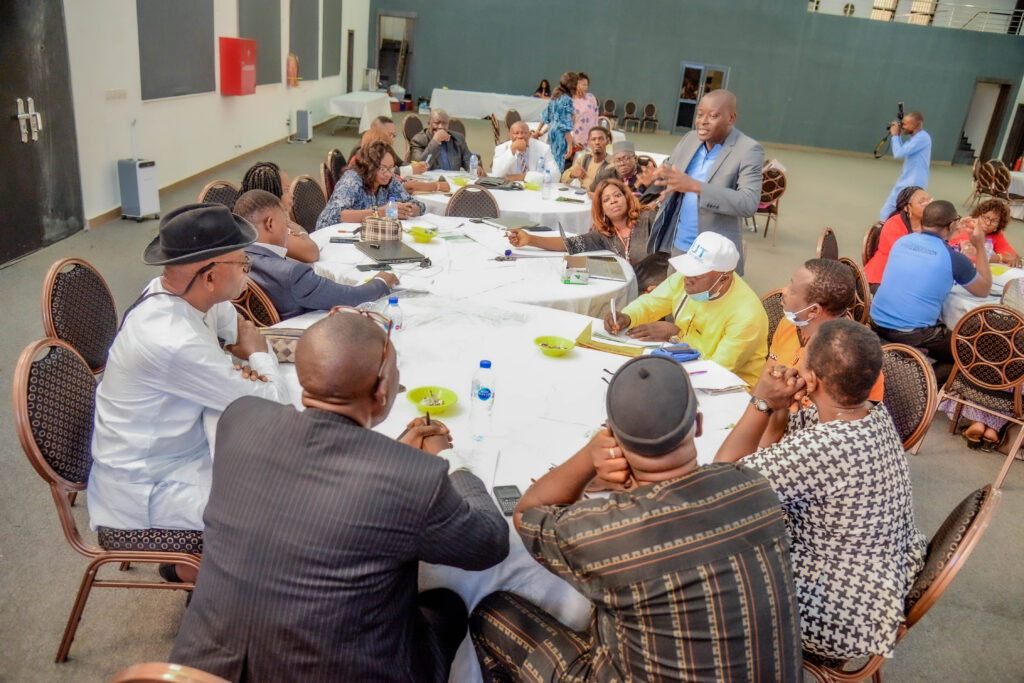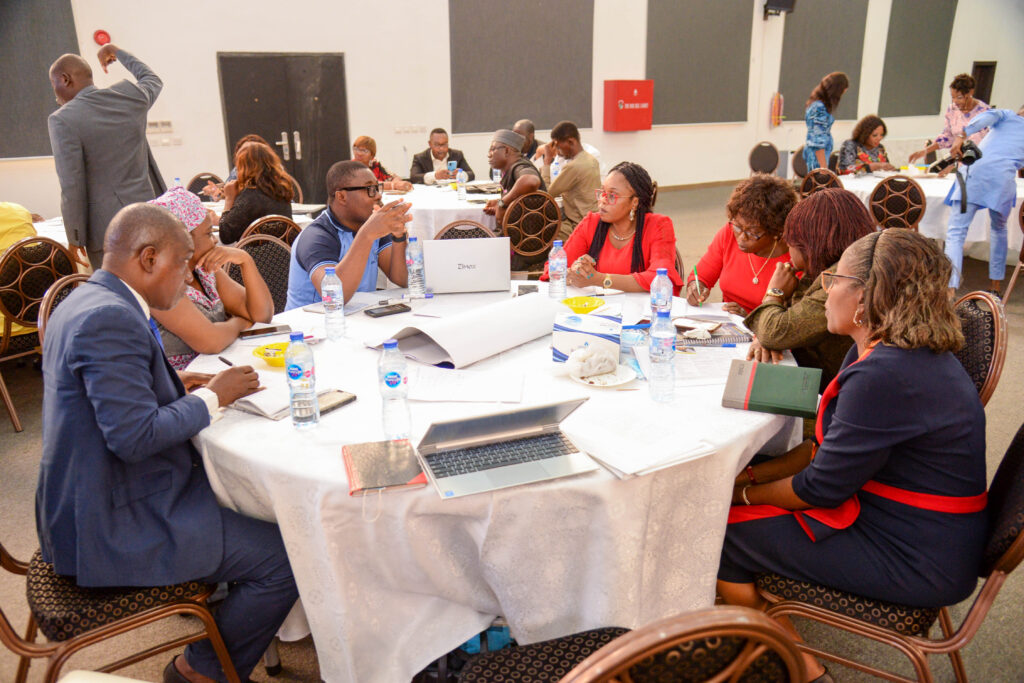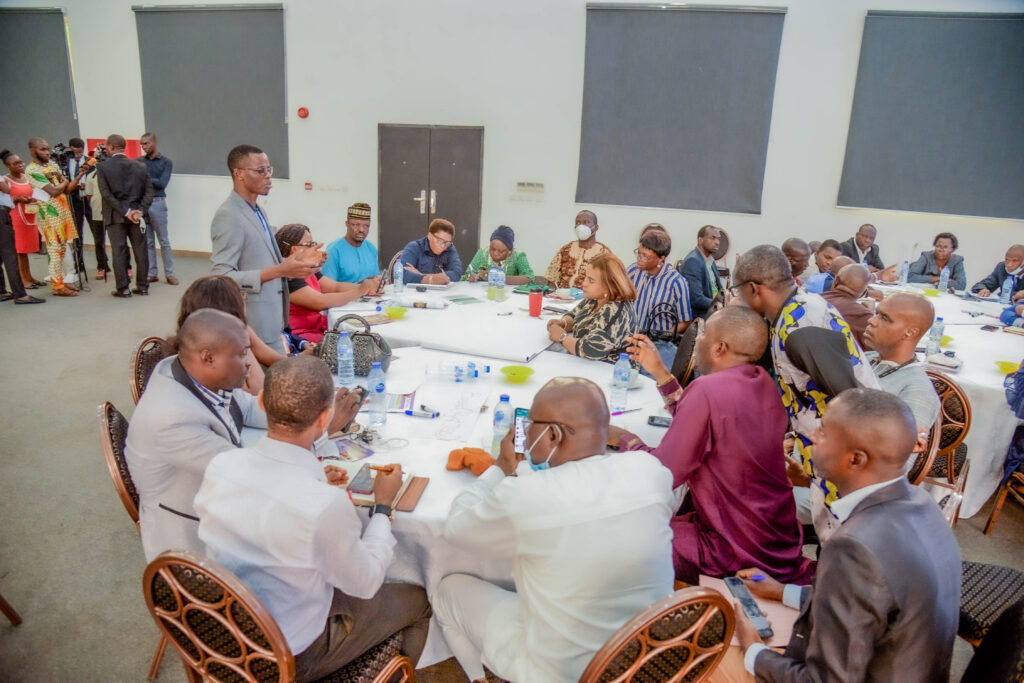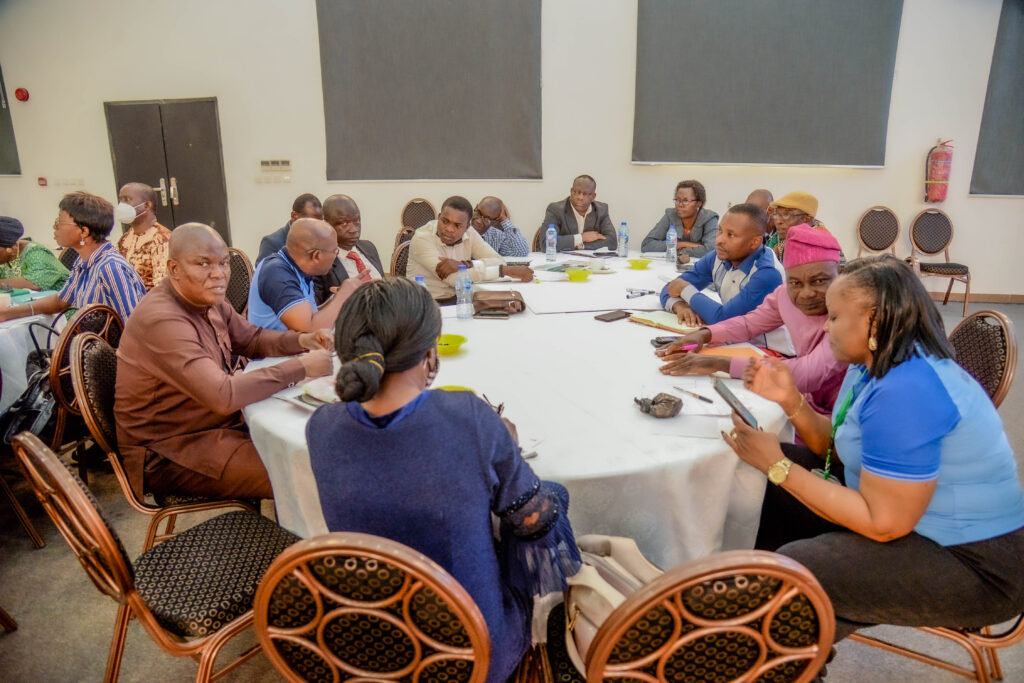The Edo State Government is rallying stakeholders in the education sector to formulate the state’s education policy and accelerate the process of disarticulation of junior and senior secondary schools across the state.
The state government through the Ministry of Education held a one-day workshop to engage stakeholders and chart a path towards the realization of the goal as mandated by the Edo State Governor, Mr. Godwin Obaseki.
The participants at the workshop were drawn from primary and secondary schools, tertiary institutions, Technical and Vocational Education and Training (TVET) and other stakeholders in the education sector.
The Commissioner for Education, Dr. Joan Osa-Oviawe, while addressing participants at the workshop said the disarticulation will commence from Idogbo Secondary School, in Ikpoba-Okha Local Government Area (LGA) of the state.
According to her, by the next academic year (September 2022), the state will no longer have junior secondary schools but will revert to basic, lower basic, upper basic and secondary schools.
“As a state, we want to have an education policy that will span all tiers of education, from early childhood to tertiary education.
“One of the key components that we are looking at in our policy formulation exercise is disarticulation. According to the 2004 Universal Basic Education Act domesticated in Edo State as a law, basic education is free and compulsory and it comprises the first nine years of schooling, plus one-year early childhood education.
“The policy has been in place for over 20 years, but not yet implemented across the country. Looking ahead and stepping in the forefront of the education reform in Nigeria, Governor Godwin Obaseki has given the directive, as a matter of urgency and immediate policy implementation for the Ministry of Education in the State, to begin the process of disarticulating juniors from senior secondary schools across the state.”
He continued, “Going forward in Edo state, by the next academic year (September 2022), we are not going to have junior secondary schools, but rather will revert to basic, lower basic, upper basic, and secondary schools. To advance the disarticulation policy, at the national level, the Federal Government recently inaugurated the National Secondary School Commission.
“Disarticulation is commencing from Idogbo Secondary School as well as the school which is being built by Egba Community as the government will take over the school and complete it to become a secondary school. Idogbo Secondary School will become a basic school and next to Idogbo is a primary school which is overcrowded and will be moved to Idogbo, where we will have basic 1-9, while the primary school will become TVET.”
She noted that the new policy will include the private schools as there is no dichotomy in the Edo State school system as both government and private schools must embrace the policies.
Osa-Oviawe further stated, “No more skipping grace both in secondary schools and the basic level as external candidates will no longer be allowed in our State. Any principal, both in private and public schools, who disobey government directives will be seriously sanctioned.
“With this reform, we are trying to clean up the system in Edo State. The clearance for the West African Examinations Council (WAEC) this year has been automated and proprietors don’t need to come to the ministry; all clearance will be done online and notice of clearance will be sent to deserving schools online.”
A participant at the workshop and Rector of the Edo Polytechnic Usen, Prof. Abiodun Falodun, commended the state government for the move of formulating a new education policy.


